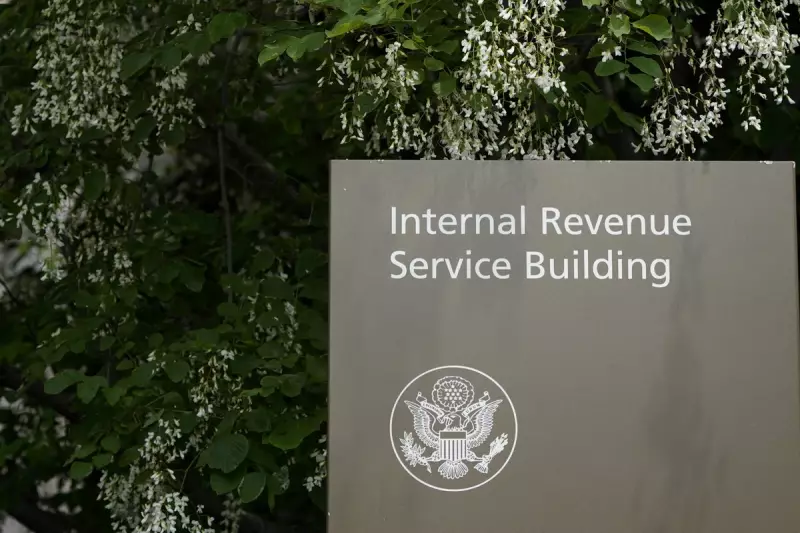
The Internal Revenue Service (IRS) has broadened its language support services, offering assistance in multiple languages beyond English to better serve taxpayers. The move, aimed at improving accessibility, has drawn sharp criticism from former US President Donald Trump, who labelled it as an unnecessary expansion.
What’s Changing?
The IRS will now provide tax forms, guidance, and customer support in several widely spoken languages, including Spanish, Chinese, and Vietnamese. This initiative is part of a broader effort to make tax compliance more inclusive for non-English speakers.
Trump’s Opposition
Former President Trump took to social media to voice his disapproval, arguing that the IRS should prioritise English-only services. "This is yet another example of wasteful government spending," he wrote, suggesting the move caters to "those who refuse to assimilate."
Why It Matters
Advocates for multilingual services argue that the change will help reduce errors in tax filings and ensure fair access to government resources. Critics, however, claim it undermines national unity and adds unnecessary complexity to the tax system.
The debate highlights ongoing tensions around language policy in the US, with the IRS now at the centre of the controversy.






